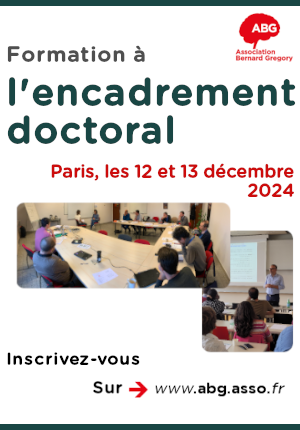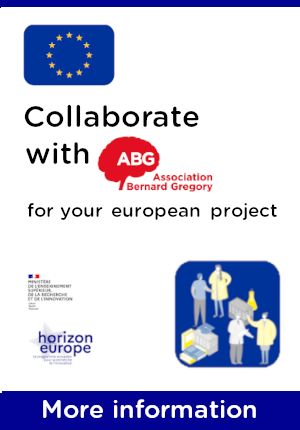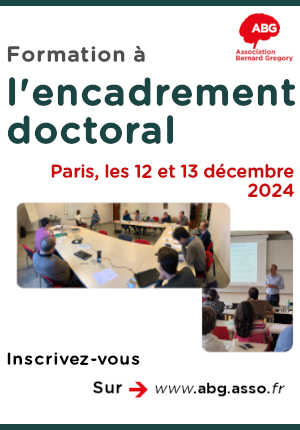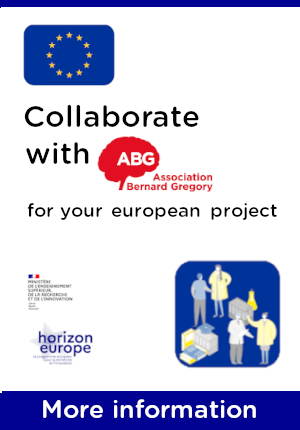Post-Doc in molecular biology and Immuno-genomics (H/F)
| ABG-125926 | Emploi | Niveau d'expérience indifférent |
| 20/09/2024 | CDD 12 Mois | > 35 et < 45 K€ brut annuel |
- Biochimie
- Biologie
Employeur
ESPCI Paris
The “École Supérieure de Physique et de Chimie Industrielles de la Ville de Paris” (ESPCI Paris PSL) is a “Grande École d’Ingénieurs” with a strong international reputation for research (6 Nobel Prizes) and a member of the Université PSL (Paris Sciences & Lettres). ESPCI is a highly multidisciplinary environment with teaching and research in physics, chemistry, and biology. The project will be directed by Prof. Andrew Griffiths.
Prof. Andrew Griffiths’ Lab
The research activities of the Laboratory of Biochemistry team, directed by Prof. Andrew GRIFFITHS, are centred around droplet-based microfluidics, a powerful new ultrahigh-throughput system in which reaction volumes can be miniaturized by up to a million-fold compared to conventional assays in microtiter plates. This opens up exciting prospects for the development of extremely innovative systems with many applications in both fundamental and applied research. The successful candidate will join a highly multidisciplinary team, with experience spanning biology, chemistry and physics.
Site web :
Poste et missions
Identifying T cell receptors (TCRs) on cytotoxic (CD8+) T cells and the antigenic peptides bound to major histocompatibility complex class I (pMHC-I) that they recognize is critical for understanding immune responses in disease and for the development of immuno-therapies. CD8+ T cells can be stained with fluorescent pMHC-I tetramers and recovered by fluorescence-activated cell sorting (FACS). However, while low affinity antigen-TCR interactions elicit significant immune responses, FACS is challenging due to loss of weakly bound pMHC during washing. We propose a high-throughput technology in which pMHC-I tetramers bound to single T cells in microfluidic droplets triggers exponential amplification of a bi-stable molecular circuit, enabling identification of TCRs and cognate antigens by sequencing.
This QLife Grant project brings together 3 partners (Prof. Andrew Griffiths, ESPCI; Prof. Yannick Rondelez, ESPCI; Dr. Marianne Burbage, Curie Institute) with expertise in the droplet microfluidics, molecular circuit and immunology. The aim of the project is to develop a high-throughput single cell technology that allows obtaining paired information of antigen and its cognate T-cell receptor.
Mobilité géographique :
Télétravail :
Prise de fonction :
Profil
Requirements
We are seeking 1 highly motivated postdoc / research engineer, with complementary expertise:
in immunology, molecular biology and next generation sequencing.
Flexibility, autonomy, the ability to work in a highly multidisciplinary team and good interpersonal skills are essential.
Recruitment terms :
Starting date : December 2024
Duration : 1 year with renewal possibility
Salary : according to professional experience
Vous avez déjà un compte ?
Nouvel utilisateur ?
Vous souhaitez recevoir nos infolettres ?
Découvrez nos adhérents
 PhDOOC
PhDOOC  CESI
CESI  Laboratoire National de Métrologie et d'Essais - LNE
Laboratoire National de Métrologie et d'Essais - LNE  Aérocentre, Pôle d'excellence régional
Aérocentre, Pôle d'excellence régional  ONERA - The French Aerospace Lab
ONERA - The French Aerospace Lab  Institut de Radioprotection et de Sureté Nucléaire - IRSN - Siège
Institut de Radioprotection et de Sureté Nucléaire - IRSN - Siège  Généthon
Généthon  Institut Sup'biotech de Paris
Institut Sup'biotech de Paris  MabDesign
MabDesign  Groupe AFNOR - Association française de normalisation
Groupe AFNOR - Association française de normalisation  Ifremer
Ifremer  ANRT
ANRT  TotalEnergies
TotalEnergies  ADEME
ADEME  Tecknowmetrix
Tecknowmetrix  SUEZ
SUEZ  Nokia Bell Labs France
Nokia Bell Labs France  MabDesign
MabDesign  CASDEN
CASDEN
-
EmploiCDDRef. ABG126397University of CambridgeCambridge - Royaume-Uni
Postdoctoral Research Associate position in binder display platform development
BiochimieConfirmé -
EmploiCDIRef. ABG125911LVMH GaïaParis 8ème - Ile-de-France - France
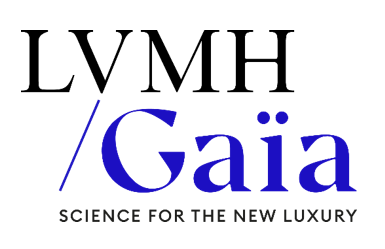
Ingénieur Recherche Nouvelles matières maroquinières (F/H)
MatériauxJunior

